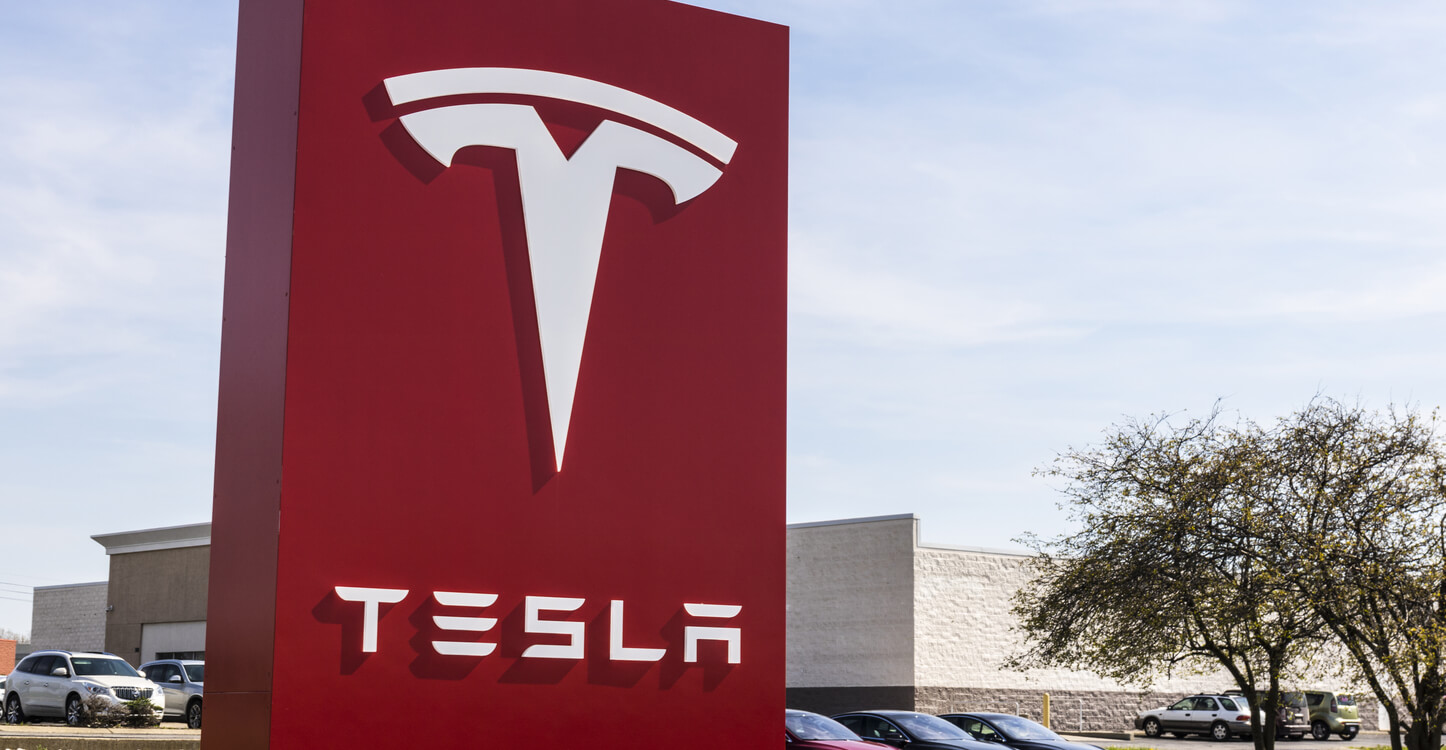Google is warning the European Union (EU) antitrust regulators that the bloc’s landmark Digital Markets Act (DMA) is hampering tech innovation, subsequently hurting businesses and consumers.
According to Reuters, the search engine giant is on Tuesday expected to issue its warnings, urging regulators for more detailed guidance to assist it comply with the rules while challenging critics to give evidence of costs and benefits to prove their case.
Google thinks rules will lead to bad online experiences for Europeans
The DMA is the cornerstone of the bloc’s strategy in its efforts to limit Big Tech’s powers and imposes stringent set of regulations on firms that are designated as “gatekeepers,” because they run platforms that serve as gateways for companies to access markets.
The regulations under the Act are made to create a more level playing field, allowing some smaller competitors a better chance to flourish. Google is arguing that such measures have unintended consequences and slow down innovation, although they are made to promote competition.
This also comes as the search engine giant is under immense pressure to address charges under the DMA that it has unfair advantage and favors its own services, like Google Shopping, Google Hotels and Google Flights over competitors.
According to Reuters , these charges may lead to the company parting with as much as 10% of its global revenue in fines. Earlier, Google proposed some changes to its search engine results to allow it to showcase products and services from its rivals.
“We remain genuinely concerned about real world consequences of the DMA, which are leading to worse online products and experiences for Europeans.”
~ Google legal represensative, Clare Kelly.
Kelly is expected to tell a workshop that was organized by the European Commission to allow Google critics a chance to seek clarifications.
During her presentation, she is also expected to explain that the changes that the search engine giant has implemented so far, after discussions with the Commission and critics, have resulted in European users paying extra for travel tickets as they cannot directly access airline sites.
According to her speech seen by Reuters, she will also indicate that European airlines, hotels and restaurants reported up to 30% loss in direct booking traffic, while users complained about clunky workarounds.
Other tech firms also express concerns about EU rules
Oliver Bethell, another Google lawyer is also expected to ask regulators to spell out in detail what the search engine giant needs to do, while critics also come up with solid evidence.
“If we can understand precisely what compliance looks like, not just in theory, but taking account of on the ground experience, we can launch compliant services quickly and confidently across the EEA,” he will say.
Google’s sentiments are also echoed by others in the tech sector, with a survey by European tech founders revealing widespread concerns over the bloc’s regulatory environment. The survey results mainly cited the DMA as well as the General Data Protection Regulation Act (GDPA) as creating a difficult environment for emerging businesses as they subject them to a disadvantaged position compared to their global competitors.
Recently, social networking firm Meta revealed it would go against the EU, challenging some parts of its business included in the bloc’s crackdown on Big Tech market dominance. The company has also accused the EU of being biased against its business.
The EU is resolute that its regulations, particularly the DMA, are necessary to promote competition as well as limit dominance by a few large corporations. These rules, the bloc has argued, will eventually benefit the ordinary consumers.
KEY Difference Wire helps crypto brands break through and dominate headlines fast




